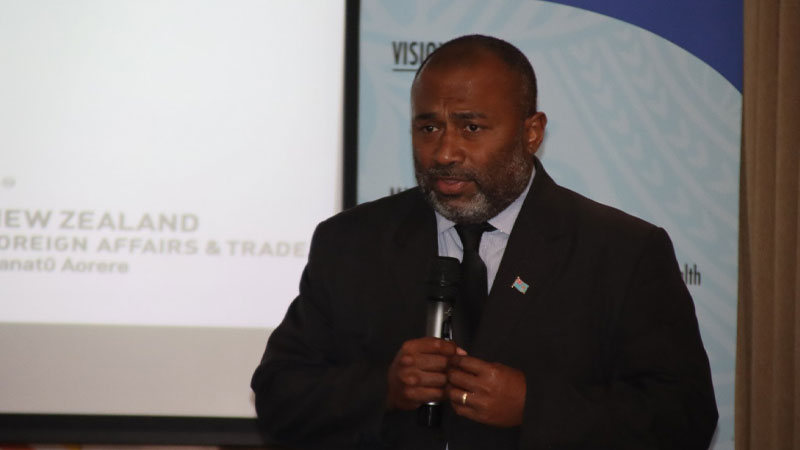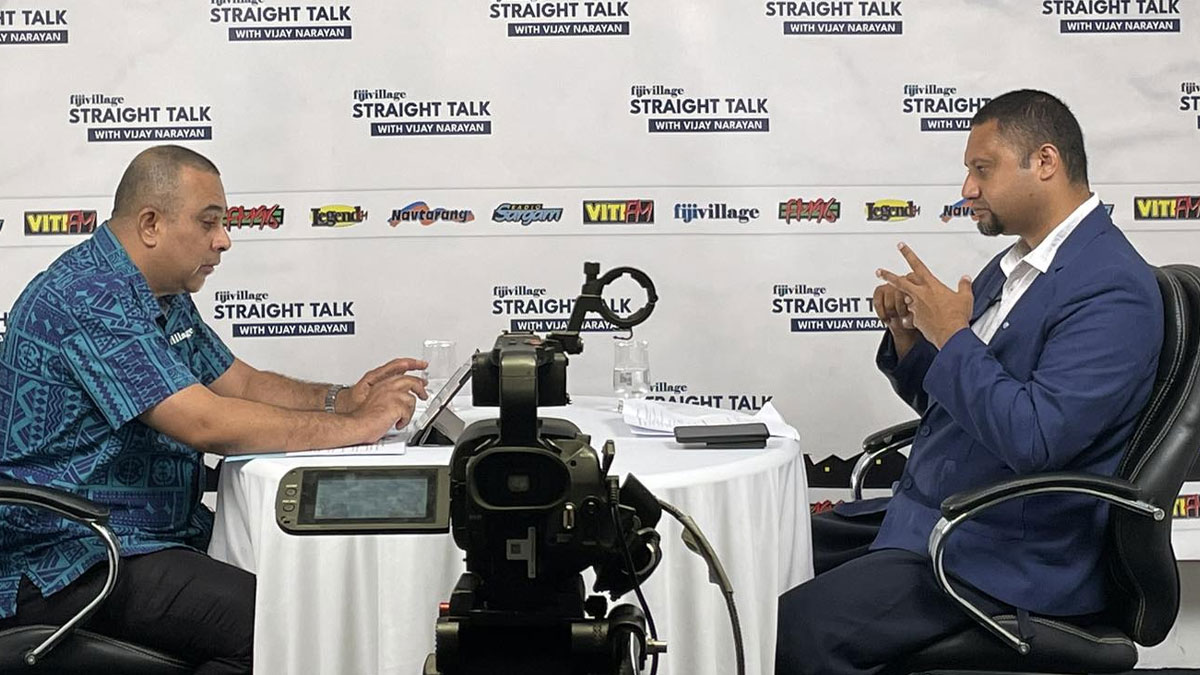
Fiji has some of the highest rates of Acute Rheumatic Fever and subsequently Rheumatic Heart Disease in the world.
There are approximately 60 Rheumatic Heart Disease related deaths per year in Fiji, and it is estimated that the disease costs the Government about US$5,500 per patient per year in both direct and indirect costs.
While speaking during the Rheumatic Heart Disease Partners Review Meeting, Health Minister, Doctor Ifereimi Waqainabete says the official documented data indicates that 1 child in every classroom could be afflicted with the disease.
He also extended a hearty congratulations to Cure Kids for their 16th year of existence in Fiji, proving themselves as a well established health facility focused on improving children’s health.
Cure Kids was set up to support and enable research to transform the health of children in New Zealand and the Pacific Islands.
An MOU signed between Cure Kids and the Ministry is an extension of work done with the Rheumatic Heart Disease space in previous years and to expand their work to control and prevent Rheumatic Heart Disease in Fiji.
Doctor Waqainabete says Rheumatic Heart Disease is a chronic yet preventable non-communicable disease affecting mostly young people and women that starts with Acute Rheumatic Fever and is caused by a single or recurrent infection of Group A Streptococcus which can lead to long term damage of your heart valves.
In 2018, countries like Fiji and New Zealand led the development of a Global Resolution that was unanimously adopted by all member states, recognising Rheumatic Fever and Rheumatic Heart Disease as a global health priority.
Doctor Waqainabete says this commitment is reflected in the National Strategic Plan and Annual Operational Plan of Fiji’s Ministry of Health.
The Ministry has also partnered with Cure Kids to upscale oxygen delivery to all our health facilities by way of The Fiji Oxygen Project.
The Minister says the Fiji Oxygen Project was part of the whole of Government response to COVID-19 with regards to improving capacity for oxygen delivery at a crucial juncture during the pandemic and continues today by helping develop further oxygen infrastructure, maintenance and repair and development of staff capacity.
He says the vision is that no Fijian shall die of lack of oxygen and to reduce Rheumatic Heart Disease mortality and morbidity by improving early detection, management, and treatment.
Stay tuned for the latest news on our radio stations


